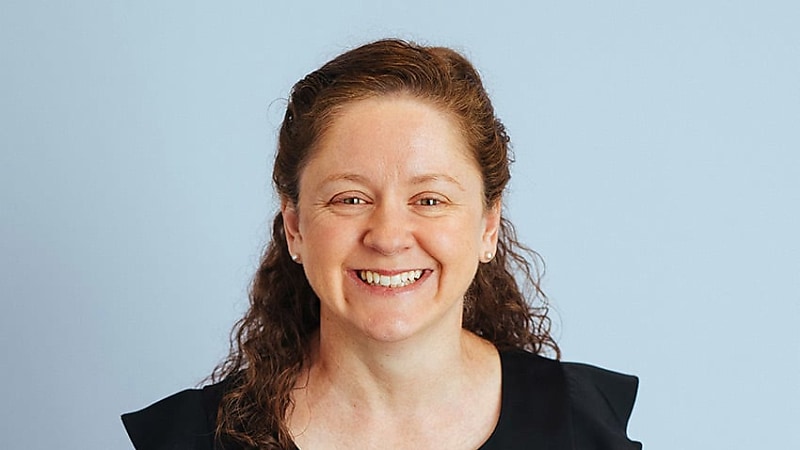What’s in and what’s out for GST in SMSFs
SMSFs that invest in commercial property must include a multitude of payments in their GST turnover, says an experienced educator.
Lyn Formica, head of education and content for Heffron, said in a recent webinar that anything that happens in the holding trust from a GST perspective is considered to happen inside the super fund itself whether the premises are owned directly by the fund or held via an LRBA for the GST rules.
GST is a broad-based consumption tax of 10 per cent on most supplies of goods and services in Australia.
However, GST does not apply to all supplies and many supplies by SMSFs will not result in a liability for GST.
SMSFs that are registered for GST and make financial supplies such as providing an interest in a regulated super fund or buying and selling shares may be able to claim some or all of the GST credits on purchases related to their financial supplies.
An SMSF must register for GST if its GST turnover is $75,000 or more. GST turnover does not include input-taxed sales, such as financial supplies and renting or selling residential premises. Most SMSFs don't have to register for GST because they mainly make input-taxed sales.
“In an SMSF context, the things that are going to be included in turnover are lease payments on commercial premises,” Ms Formica said.
“In addition to those lease payments on commercial premises, we would also include in GST turnover, any lease or hire payments on certain non-real property that might be owned by the SMSF,” she said.
“This includes equipment that might be being leased out to somebody such as farming equipment, other sorts of business equipment, maybe collectibles that are being leased to somebody, income from taxi licenses, fishing licenses.”
She added that premiums charged to members for income protection insurance also come through as part of GST turnover, as does foreign interest, dividends, distributions where a member is getting interest from a foreign bank account, or dividends/distributions from a non-resident entity.
“This doesn’t include situations where there is an SMSF that owns an interest in a managed fund in Australia, and part of the managed fund invests in the US for example,” she said.
“We only include amounts in GST turnover where there is a direct interest by the fund in foreign equities, foreign trusts, and non-resident entities.”
The things that are not included in GST turnover are Australian interest, dividends, distributions, rent on a residential property that the fund happens to own either directly or via their LRBA, contributions, and rollovers.
“Premiums charged to members for death and TPD insurance are also not part of GST turnover. Even the proceeds for the sale of fund assets,” she added.
“If a fund does sell an asset that is a commercial premises, that is considered taxable supply but it is not part of turnover.”
Ms Formica gave an example of an SMSF that owns commercial property and leases to a tenant.
The fund has some Australian-listed securities from which it receives dividends and an Australian bank account from which it receives interest.
The fund members also make contributions to the fund but it doesn't have any insurance policies.
“For this fund, the lease payments on the commercial premises will be included in GST turnover, but the dividends coming in and the contributions are not part of GST turnover,” she said.
Continuing with the example, Ms Formica said the current turnover for the fund was $70,000 coming from the lease payments on the commercial premises.
However, the projected turnover is $80,000 because of a CPI increase on the lease payments.
“This means the fund has gone over the $75,000 limit and must register for GST within 21 days of the change,” she said.
“It’s important to be looking out for those situations where you’re not just looking at current turnover, but at projected turnover as well so you can identify when this fund might have to register for GST.”
In another example, an SMSF owns a residential property, it has Australian-listed securities, an Australian bank account and some contributions coming in.
It has no GST turnover because the money coming into the fund is not counted in GST turnover.
“For this fund, you don't need to register for GST, but they can voluntarily choose to if they want to,” Ms Formica said.
“If they do choose to register for GST, they need to choose whether they’re going to be registering on a cash or an accrual basis.”








